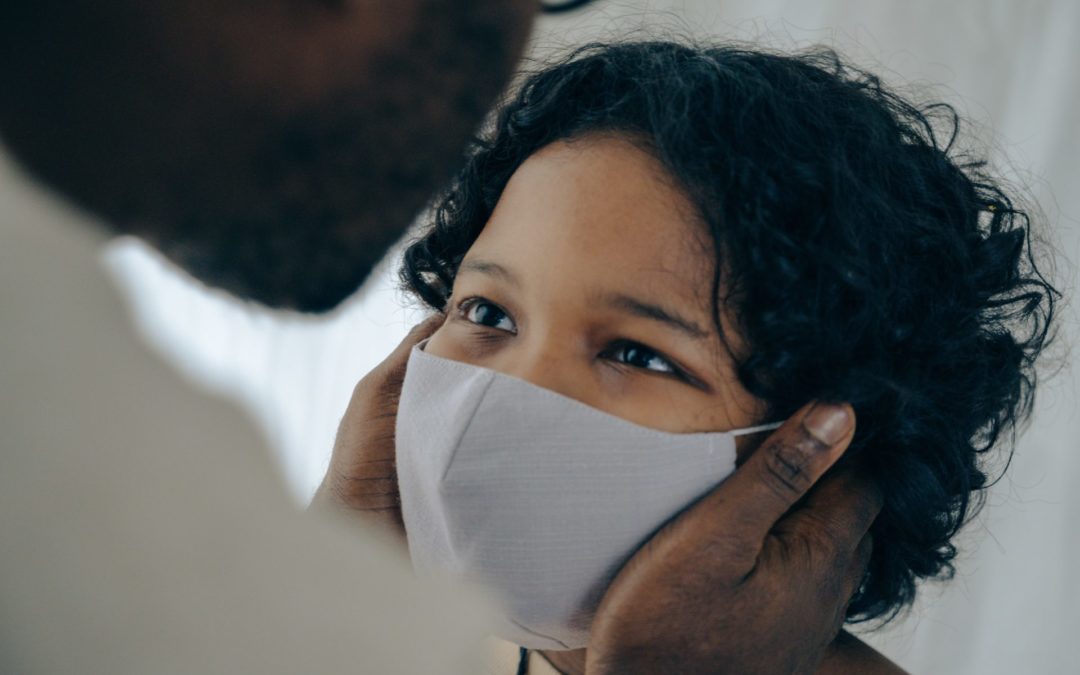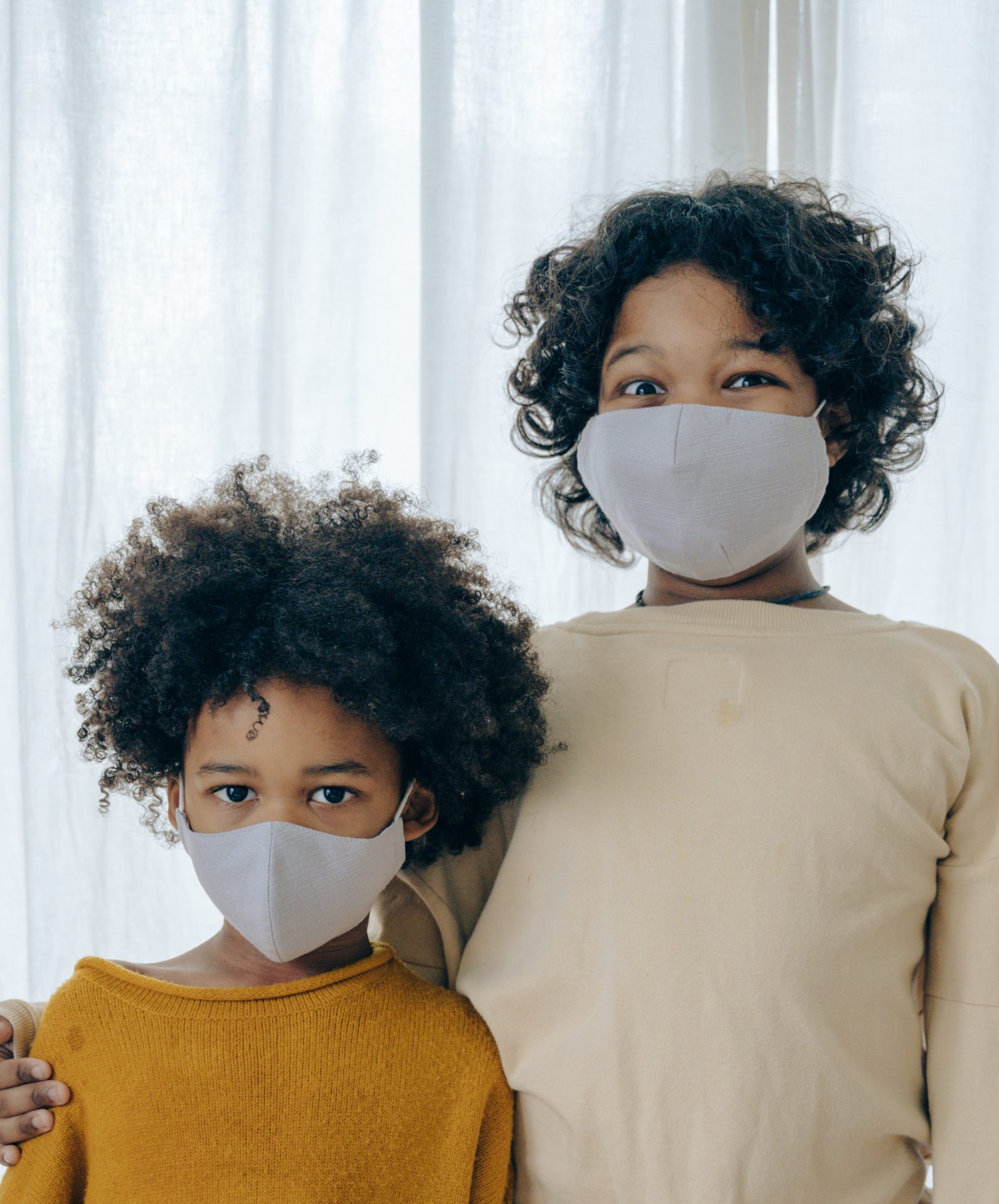
Acknowledging Our Youngest
But mummy, where are their masks?
Whilst reading through a book together, my youngest child looked at the picture and enquired “but mummy, where are their masks?!”. The characters were in a supermarket and the book published well before COVID-19 arrived. But my son has no recollection of being in a supermarket where masks aren’t worn … he’s 4. My eldest, at 6, does.
It is more and more evident the extent to which the pandemic is affecting our children, day to day.
If I had to choose, my 6 year old is possibly the ‘best’ ?? age for this to be happening (not that I would ever wish it) . He remembers what things were like this time last year. He has enough of an understanding of what is happening and what we can to do to get through this and he has some lovely friendships to go back to. My younger son less so…
It is well documented and discussed how many children are suffering during this time. Many children I work with really feel and notice the effects of not being around their friends.
They are continuing friendships virtually, but really, what so many of them want to do (and need to do developmentally at this age) is to just hang out with their friends and peers.
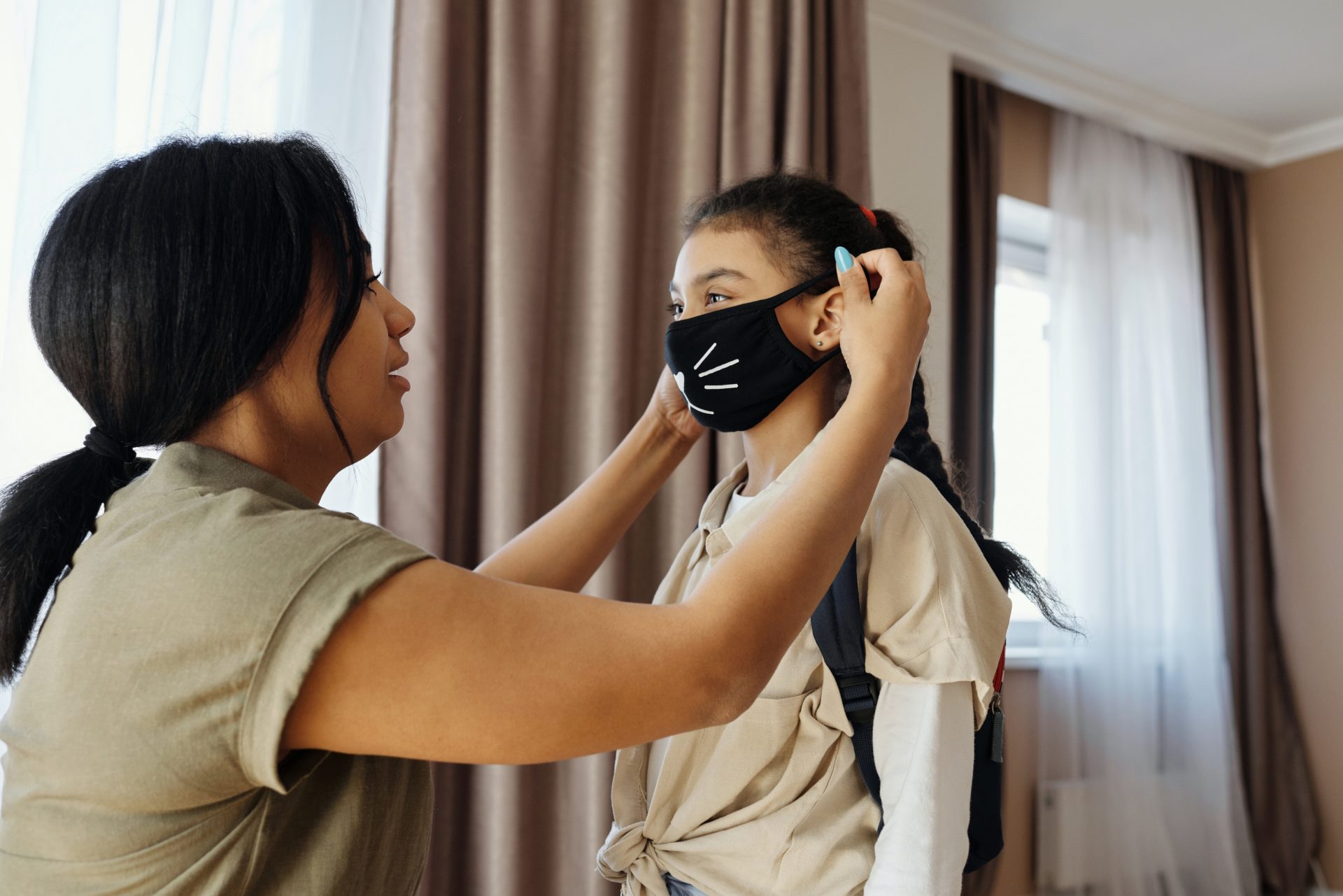
So many children are missing their ‘thing’. Whether it’s singing, dancing, martial arts, swimming or rugby, there is a realisation in older children about just how much these activities help them with their sense of self, self esteem and mental health. Expression, tension, emotions – all get an outlet during these activities. Yes, there is the argument that too many clubs can stress and overload a child. But I feel for the child who has a passion – and perhaps it was their only outlet, their only time to be truly themselves and focus on something that made them feel alive.
I feel for the teenagers who are coming of age, finding their way and so very often friends are a vital part of that. Niggly arguments between friends now rumble on – because communication is so often by messenger or text – and we all know how intentions can be misconstrued or lost or taken the wrong way. And then they don’t necessarily get the benefit of seeing each other face to face to resolve any misunderstandings. Sometimes we really need to be with a person to be reassured everything is okay in the relationship.
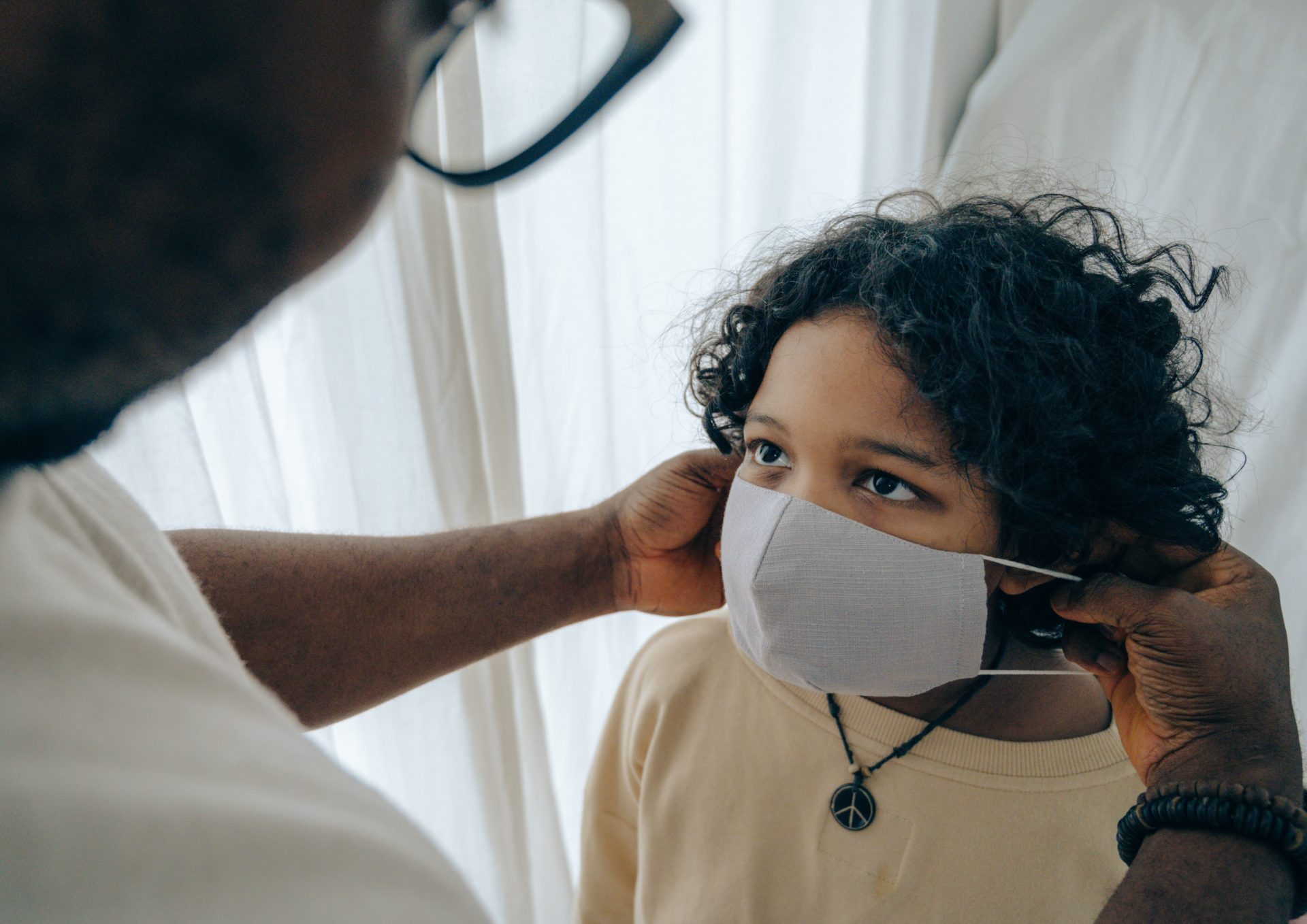
Some kids really, really miss school.
Some kids really don’t miss school but miss the mental stimulation and structure (and safety for so many) that it provides.
Some kids really don’t miss school because school is not a safe and happy place for them – and finally they can get away from the pressure and the bullies and the uncomfortable feelings. But I do hope this is the minority.
I have heard the phrase “children are resilient” thrown around a lot lately. I have also heard well meaning TV presenters talk about how “things are difficult right now” and “we know how you’re feeling”. No you don’t! All children are different – there shouldn’t be a general response or presumption about how kids are reacting. There are many, many children that are doing okay right now, thriving even, but in a few months they may find integrating back in to the world challenging. Yes, many children are very resilient but we must build and foster this resilience – many children do not have a safe basis or a stable home to start from.
No one knows the outcome at the moment – there will be children that flourish and children that suffer – we should not presume. At the very least we can acknowledge this is a change for all of them and at least a change from the world parents expected for their children
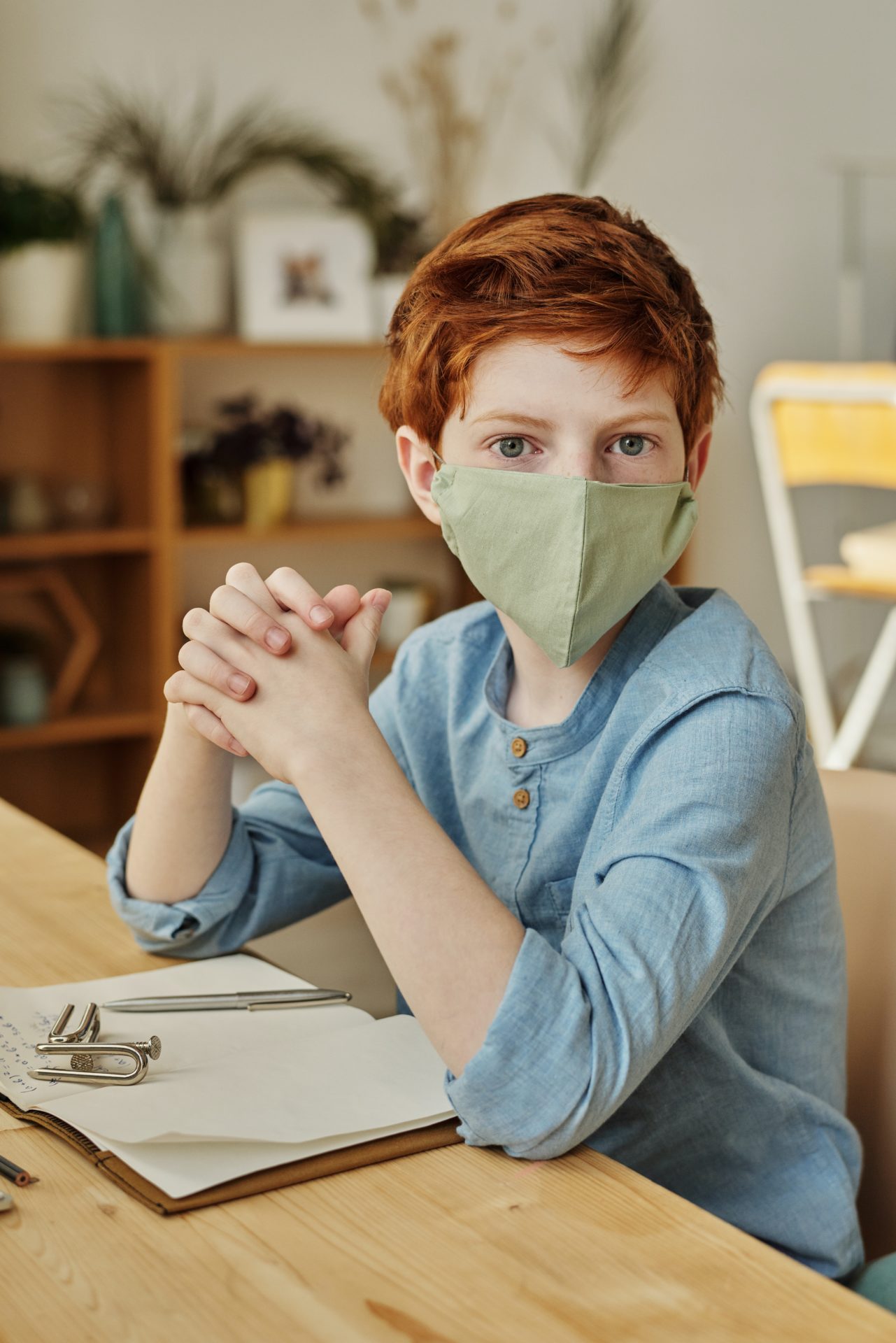
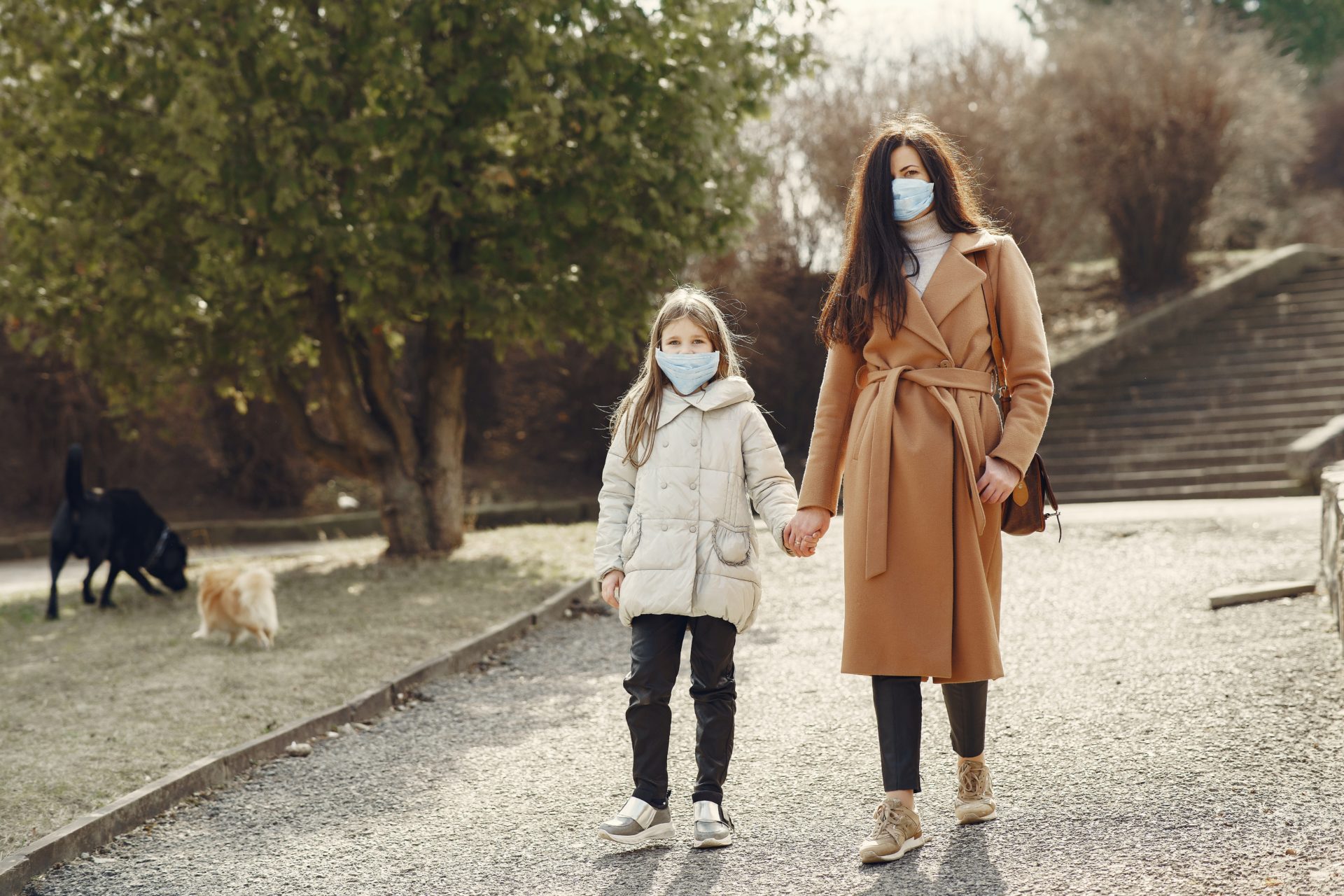
And then there’s our forgotten one’s – our pre-schoolers, toddlers and babies. This group in our communities that no-one (besides their parents) seems to be talking about.
Our pre-schoolers who really want friends of their own, but the pandemic has got in the way of forming friendships, or practicing forming friendships. Our pre-schoolers who remember enough about a wee playgroup they used to go to and now they don’t – but they can’t really understand why.
Our toddlers and babies who will be more attached to their adult (s) than ever before. This will bring challenges.
Our babies who have never been held by their parents’ best friends or cooed over in a café. And the mothers of babies who feel robbed of their maternity leave.
There’s the children without siblings, who rely on their parents/ carers for absolutely everything right now – for play and venting all their frustration that other children can at least save for their siblings.
There’s the children experiencing grandparents solely as on-screen entities
“They will be fine” I hear many, many people say.
Many will (after some adjustments), but many will not and there will be some real challenges to getting back into life – often deemed as ‘normal’. For our youngest THIS is their normal. And it seems they have been forgotten about.
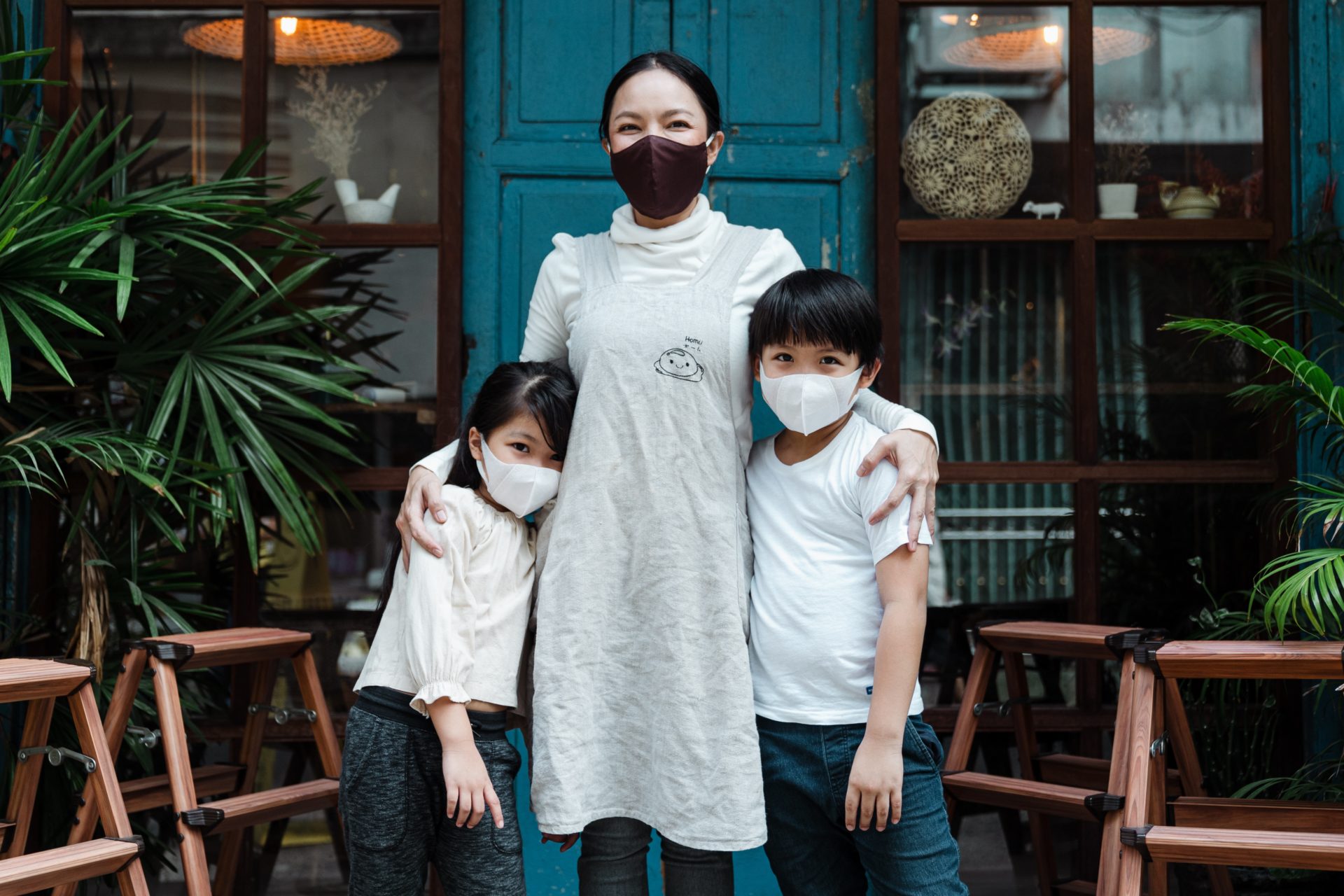
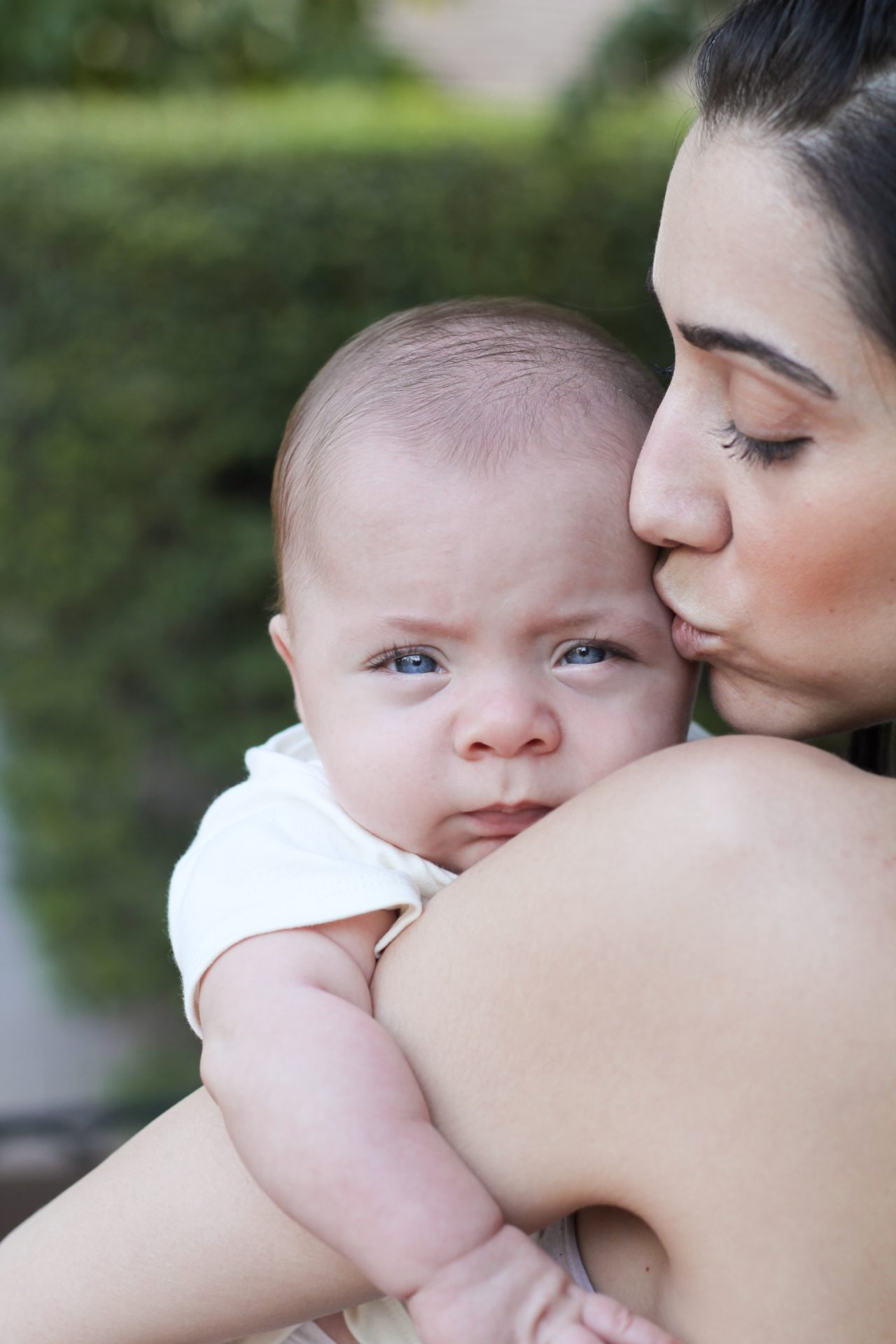
Back in Autumn, some groups did start up again and my youngest watched as his brother went to Beavers and rugby. I couldn’t give him a satisfactory answer to why his beloved playgroup wasn’t allowed to meet. Most preschool and baby classes did not resume back in Autumn.
And what about the babies? No vital baby groups supporting parents / carers too. Friends with babies of a similar age can be a life-line for some parents in the first year of their newborn’s life.
I have no solutions and I have no blame. My sole aim in writing this is to acknowledge our children and young people for what is happening. I do know there are positives to this circumstance we all find ourselves in and I can generally see the positive in things and live for each day as it is. But I have spoken to so many children and parents really struggling with this right now. This loss and sadness and uncertainty. I just really wanted to acknowledge it, especially for our youngest.

